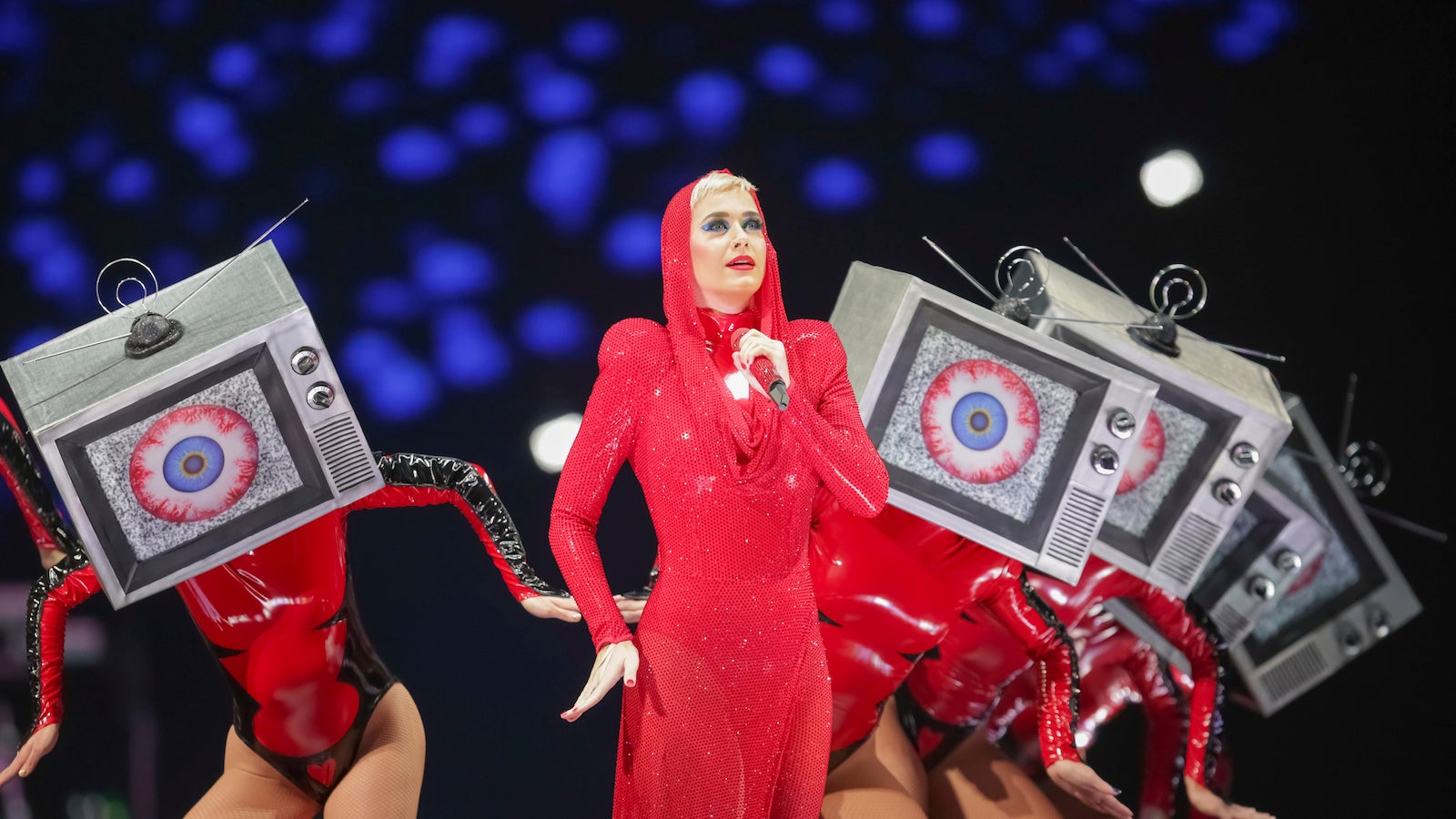The cold war between the music world and YouTube is getting hotter
Spotify has around 140 million active users. Apple Music, about 30 million.


Spotify has around 140 million active users. Apple Music, about 30 million.
YouTube—which doesn’t present itself as a music-streaming service but is the biggest in the world, per the International Federation of the Phonographic Industry—is eight times larger than both combined, with 1.5 billion people logging onto its site every month.
In its September music consumption report (pdf), the IFPI found 85% of YouTube users, or 1.3 billion, have gone there to listen to music for free just in the past month. The music industry is livid.
This weekend, after rapper Post Malone’s song “rockstar” shot to number one on Billboard’s hits charts because of a clever YouTube hack, record labels finally raised enough of a ruckus to claim a minor—but not insignificant—victory in their longstanding war against the service. Billboard announced in response to pressure that, starting in 2018, it will devalue YouTube streams in its algorithms for calculating chart placement.
“Today, there are many ways to consume and not all are created equal,” Billboard conceded. “It is Billboard’s belief that assigning values to the levels of consumer engagement and access—along with the compensation derived from those options—better reflects the varied user activity occurring on these services.” Read as: Okay, fine, listening to music for free should not be worth as much as paying for it.
Why all the hate in the first place? Because what’s good for consumers is shaky, even potentially dangerous, for artists: Many say YouTube’s ad-supported business model encourages piracy, skimps out on payouts to musicians, and encourages people to not pay for music at all.
It’s “disincentivizing for the musician” to see their work being given away for free, Apple Music’s Jimmy Iovine said in a recent interview. (Apple Music is subscription-only. And of Spotify’s 140 million users, 60 million of them are subscribers.) His opinion is shared by no small crowd that includes Katy Perry, Bon Jovi, Christina Aguilera. Years-long legal battles against YouTube’s music payouts rage on.
But YouTube—which is owned by Alphabet and does have its widespread popularity and behemoth status in its favor—maintains that it’s providing a service for music fans. “The industry should be really, really careful because they could close their eyes and wake up with their revenue really concentrated in two, three sources,” says Lyor Cohen, YouTube’s head of music (and an ex-label executive himself). It’s as much a threat in return as it sounds.